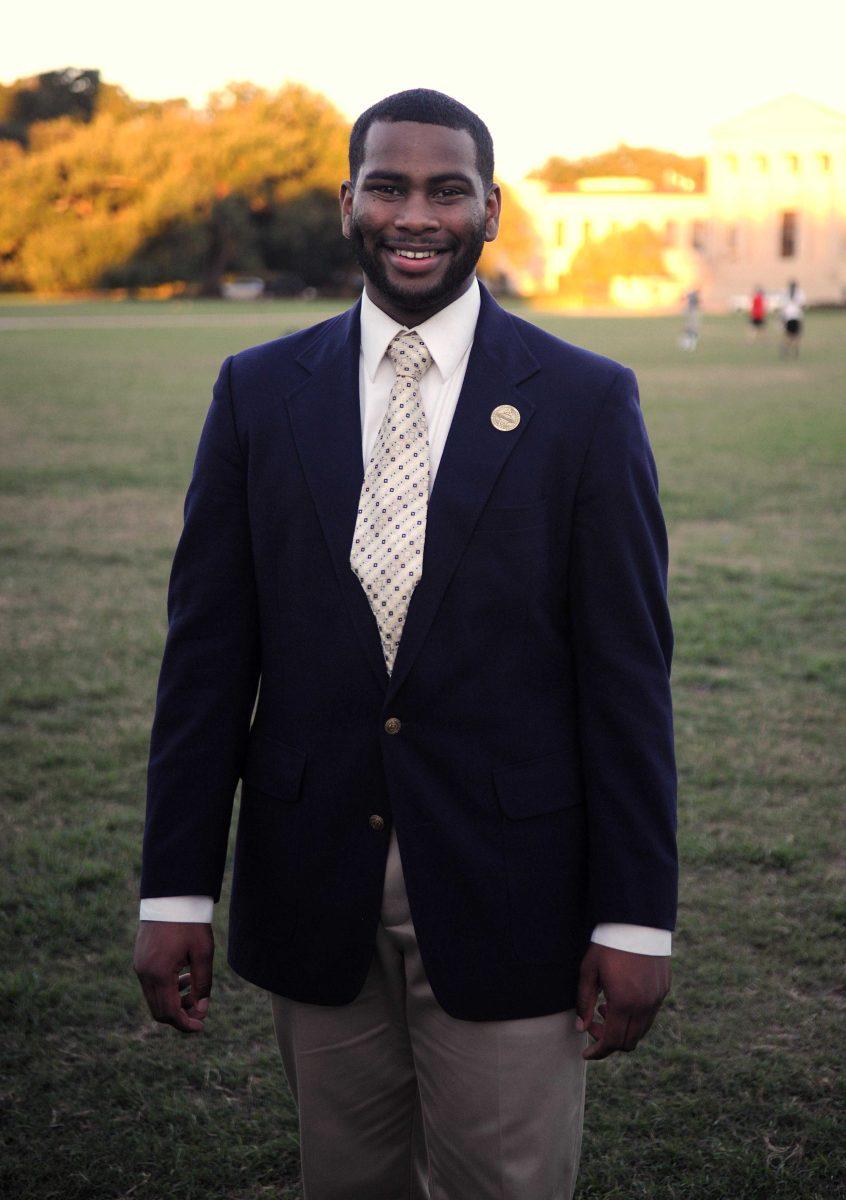Our University has a very evident issue with white supremacy.
If you take a cross section of students in the Union, the Quad or even in The Daily Reveille’s newsroom at any given time, you’ll come up pretty short as far as diversity goes.
Nearly 30 percent of Louisiana’s population is black, and only 11 percent of LSU’s undergraduate student population is. That’s almost halved.
If you take an even closer look, the whole of The Reveille’s opinion staff is white.
That means we have no minority voices taking advantage of a daily publication most students read at least weekly.
The interesting part: No one black applied to the section this semester.
However, I am the first female opinion editor in a few years, and coincidentally eight of the twelve people who work for me are also female.
Last semester everyone but myself was male.
That’s a failure of half of one of the most vocal official LSU organizations on campus. But what about the other half: Student Government?
It’s a group that should provide a voice for every University student, but instead of using its power to champion minority issues, it attempts to squash those ideas in the form of the Black Caucus.
Currently clocking in with a single member — one of those who founded the caucus two years ago — the Black Caucus is in danger of dying next year after De-Andre Beadle graduates.
And no one besides Beadle seems to be worried about the caucus doing effective work.
This should be a school-wide issue if student government wants to have as much of an impact on campus as possible. Most of the University is white, but that doesn’t have to be all that’s represented in our government. Obviously our own country didn’t make great decisions when part of the population remained unrepresented pre-Civil War.
I don’t think we’ll backslide into a culture of agricultural slavery on campus if the Black Caucus dies, but that’s not a contemporary issue at this university.
Our issue is making sure a black woman can cross campus on gameday without enduring people screaming racial slurs.
Welcome to the year 2013. This is not a post-racial society. This is a society that’s very confused about where we stand on gender, race and class.
If the white hegemony is allowed to continue, we will. No one wonders why a bunch of white students sit at the same table in 459 Commons, but when black students congregate at that one back table at The 5, it’s a whole other issue.
Why would they choose to separate themselves from everyone else? Isn’t that a form of racism? They’re being racist, so it’s okay for us to discriminate against them too.
No. It’s not.
And if it is, then every white person talking to another white person is also racist. How dare they?
We have racial and, therefore, cultural differences. Skin color is still taken as an indicator of upbringing and class, for the most part, and black falls on the negative end of that perception.
It falls to our generation to continue trying to change that stigma, and one of the ways we can is by allowing minorities a safe place to speak.
Sometimes women need to speak to a woman, or a man needs to speak with another man.
It’s knowing you’re talking to someone who biologically understands you.
No matter social background, every black person on this campus has experienced some form of racism, whether it’s a drunk man yelling about how much better the South used to be or your own lack of wanting to speak up about things that bother you because no one will listen.
And speaking to someone who knows where you’re coming from has power.
Knowing someone exists who can help you — who comes from the same emotional place — matters.
This is why the Black Caucus matters.
It doesn’t fragment the government. It’s not a power play. It’s not a group of people looking to turn white people into the victims.
It’s an advocacy issue, and as a student body, we will all be better off if 11 percent of our population knows they’re safe in the hands of our student government.
Megan Dunbar is a 20-year-old English senior from Greenville, S.C.
Opinion: University still racist, but in different ways
By Megan Dunbar
October 24, 2013
DeAndre Beadle is the sole member of the Student Government Black Caucus.






